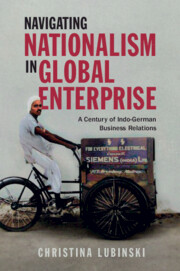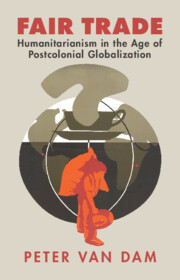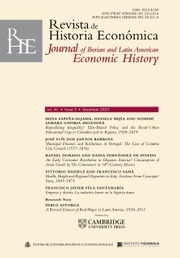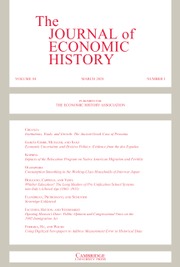Navigating Nationalism in Global Enterprise
Navigating Nationalism in Global Enterprise analyzes the role of nationalism in global business strategy, showing how multinationals act not just as drivers of globalization but also as sophisticated operators in a world of nations. Using the case study of German companies in colonial and post-colonial India, Christina Lubinski traces how nationalism's influence on business competitive strategies changed over the twentieth century and across major political turning points, such as two world wars and India's transition to independence. She highlights how national imaginings are both relational because they derive from comparisons with other nations, and historical because they mobilize the past to legitimize future aspirations. Lubinski stresses that learning from the past is how multinationals engage strategically with the content of nationalism – i.e., a nation's history, aspirations, and relationships with other nations. In India, German companies' competitiveness was continuously dependent on navigating nationalism and on understanding that nationalism and globalization are inextricably linked.
- Provides an example of the value of inter-disciplinary research connecting history and strategy
- Reframes the existing historiography highlighting Indo-German business relations beyond a direct colonial relationship
- For scholars across business history, economic history, the history of nationalism, German history and South Asian history
Reviews & endorsements
‘Challenging the notion that globalization and nationalism are often at odds, Navigating Nationalism shows how German business in India succeeded by negotiating a role for itself in the nationalistic development programme of twentieth century India. This is a major contribution to the historiography of international business in the developing world.’ Tirthankar Roy, London School of Economics
‘Lubinski’s meticulously-researched history of German business in India from the 1880s to the 1980s provides crucial insights into nationalism, empire, globalization, and business in the long run. A tremendous achievement that will become a must-read in multiple fields.’ Heidi Tworek, University of British Columbia
‘A richly contextualized and deeply researched historical case study that proposes different ways of thinking about these categories and ideas that we often do not sufficiently question.’ Stephanie Decker, Administrative Science Quarterly
Product details
May 2025Paperback
9781009054003
298 pages
229 × 152 × 16 mm
0.437kg
Available
Table of Contents
- List of figures
- List of tables
- Acknowledgments
- Introduction
- Part I. Nationalism and Competitive Dynamics:
- 1. The invention of nationality
- 2. Bazaar goods 'made in Germany'
- 3. Mapping enemies in World War I
- 4. The alliance of the disillusioned
- Part II. Emergent Strategy in a World of Nations:
- 5. Refining political capabilities
- 6. Planning for uncertain futures
- 7. Stability in a wobbly world
- 8. Reimagining the world in stages
- Conclusion: Re-Historicizing nations
- Appendices
- Bibliography
- Index.










